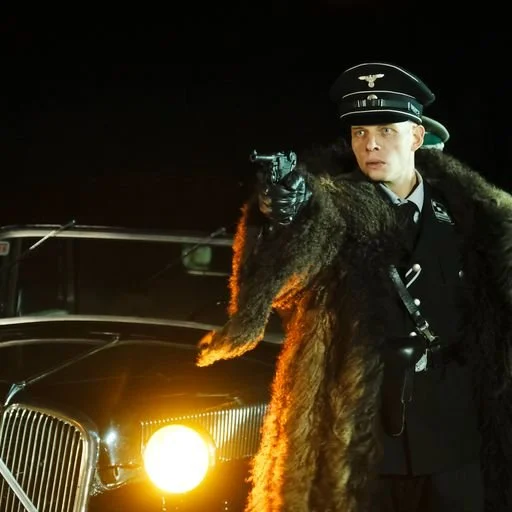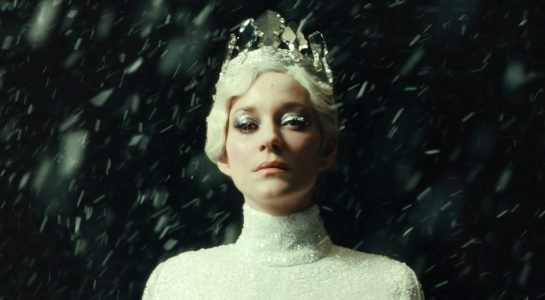CORSAGE
Royalty is a subject we think, as Brits, we know about. Yet it seldom gets the thoughtful scrutiny it surely deserves. Corsage changes that. It is set in that model of European seats of regal rule, the Court of the Hapsburg crowned heads. All the hereditary rulers of the time, 1878, followed the protocol of this most ancient of dynasties, including of course our own. Maria Kreutzer’s new film follows the fortunes of Elizabeth, Empress of the mighty expansive Austro-Hungarian Empire. The Corsage of the title is the corset fastened to fainting point around her body. Servants who don’t do it up tight enough are dismissed for tougher - flintier - operatives; it represents the effort to conform for this free spirit of a woman, an agony of constraint of trying too hard. And of course it is painful to watch. Graceful and gracious, the Empress is a model of feminine dignity for her people. But like today’s acolytes, they watch her weight critically, and want her perfect. This period is not set hundreds of years ago, like Kreutzer’s previous Marie Antoinette. It is the beginning of the modern era with incipient films, railways and cameras. It is all the nearer to us for that.
As she glides through the marbled halls of her Viennese palaces, whose grandeur our own Windsors emulate, Elizabeth’s spirit becomes more oppressed and her ideas for progress - filmed images, bathing for mentally ill women, less successful. Vicky Krieps gives us an Empress crushed by an unimaginative system of stifling conventions where her insights are ignored. It is a breathtaking performance. Elizabeth is defiant, she travels to England, to Hungary and rides with brilliance and daring. She yearns for admiration and gets it from the men around her. She is very much Princess Diana a hundred years before she brought compassion to Aids sufferers and bravery with land mines into the public sphere. In certain shots she even looks like the doomed English Princess.
In the women’s asylum
Depression clearly haunts Elizabeth, we get to see her with her cousin Rupert in his Bavarian Castle where he has to forbid her to drown herself in his lake “It’s my lake” he insists when she fails to agree, as she tells him she would prefer the sea. The planned trip to Italian Ancona is a threat.
This is a wonderful film, The sets are fabulous, the landscapes glorious and the scan of the scene behind the pomp and ceremony is realistic and forensic. You cannot but help reflect how suffocatingly unnatural the royal life is. The public, be they never so poor, demand to see their Empress - but behind the scenes the formality continues oppressively on into a world where, as we see in The Crown, titles must be used at all times and even changed according to whoever you’re speaking to. Exhausting to endure the troupes of servants, the silent servility itself, the dangerous demands for all subjects to bend and bow at each appearance. It really is no wonder that ours is just about the last of this form of intense hierarchy of deference left. It was too much for a sensitive intelligent woman as depicted with such amazing skill in this film. Sexuality and self expression are not welcome. Vicky Krieps shows us the 40 year old elegant aristocrat as she really is, and clearly could not continue to be.
Towards the end, the Empress cuts her hair ready for a new life











